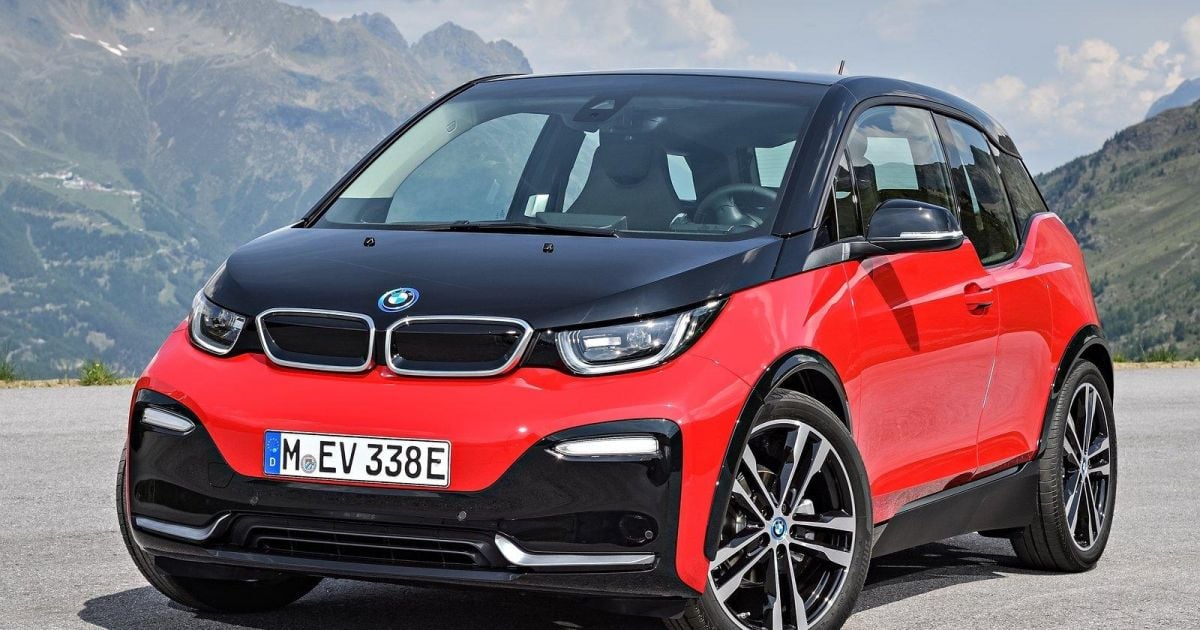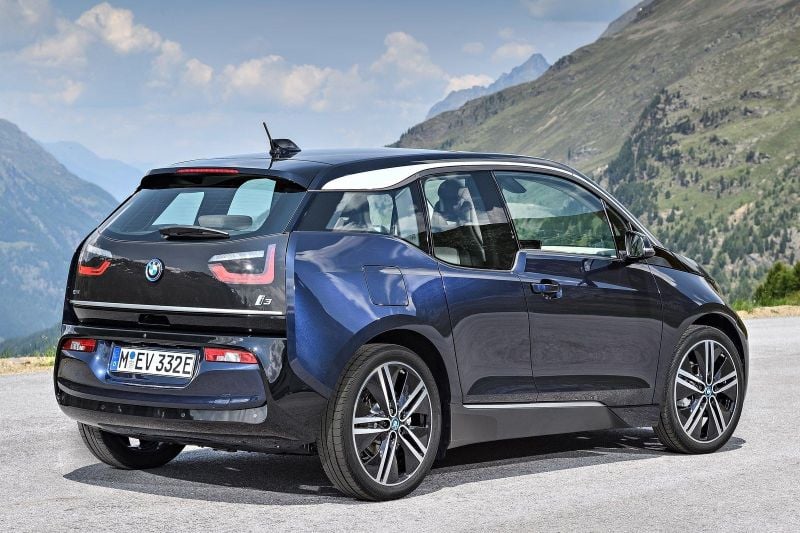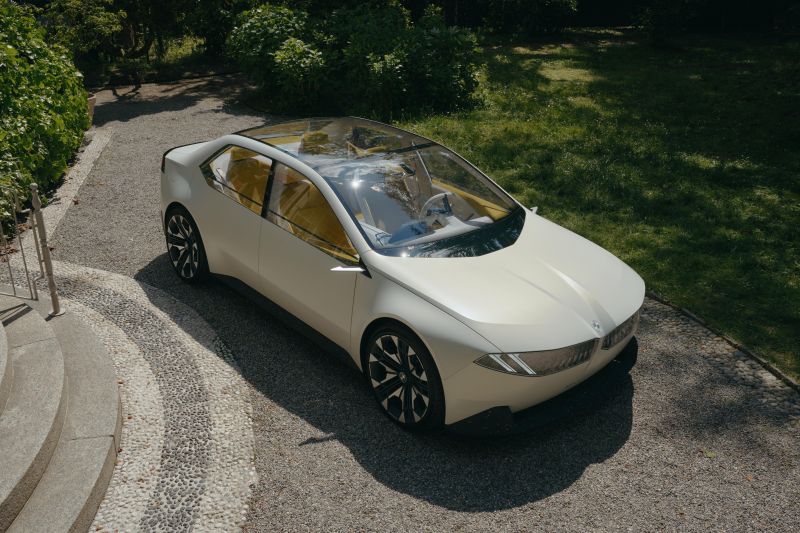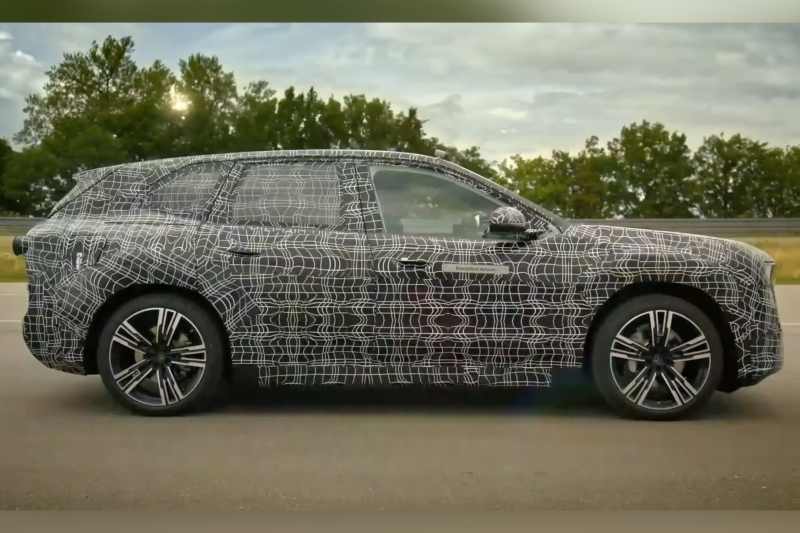The design of the BMW i3’s successor won’t be as bold and controversial, according to BMW’s development boss Frank Weber.
“A lot of people liked it, but in the eyes of others the i3 was not a real BMW. A bit of an outsider in the classroom if you will. We will not repeat that in this form,”said Mr Weber, in an interview with Automobilwoche.
BMW has indicated it will launch a successor to the compact electric hatchback in the coming years, though it already has a new i3 in the shape of an electric 3 Series-based sedan in China.
“BMW definitely needs to bring to market an affordable, compact car. We attach great importance to offering customers the best possible access to the BMW brand,” Mr Weber said.
“That is why we are thinking very carefully about how an entry offering can be part of the Neue Klasse family.”
The vehicle is expected to ride on BMW’s Neue Klasse electric architecture which is set to underpin the brand’s line-up of next-generation electric vehicles.
“You can easily imagine that a lot can be created from the middle downward to smaller vehicles as well as upward to larger vehicles,” said Mr Weber.
BMW has already confirmed the first models on the Neue Klasse platform will be a 3 Series-sized sedan based on the Vision Neue Klasse concept and an X3-sized SUV.
Mr Weber went on to say that within two years of debuting the Neue Klasse architecture it will launch a further four models on the same platform. At this stage it’s unclear if this will include the successor to the i3 hatch.
Earlier this year, BMW Group commited €800 million ($A1.2 billion) for its Mexican production site in San Luis Potosí to prepare for Neue Klasse-based electric vehicles (EVs).
This Mexican facility currently produces vehicles such as the 3 Series, 2 Series coupe, and M2.
Production of EVs on BMW’s upcoming, modular Neue Klasse architecture will begin in 2025 at its plant in Debrecen, Hungary. It will be followed by production at its main plant in Munich, Germany.
The i3 first launched in 2014 and its design proved polarising, looking like no other BMW before or since.
Over its eight years on the market, BMW sold 250,000 examples globally of the quirky carbon-tubbed, suicide-doored i3, which was its first-ever mass-produced fully electric model.
It was retired locally in 2021, ahead of production ending in 2022.
MORE: BMW i3 production officially ends
MORE: Everything BMW i3





